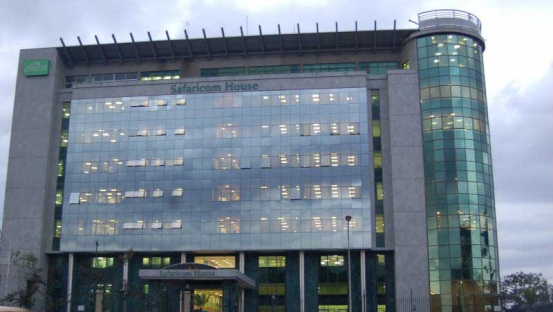×
The Standard e-Paper
Join Thousands Daily

Some of the biggest renowned global brands have unbelievably had humble beginnings.
A good example is Samsung, a multinational conglomerate which started out in 1938 as a simple trading company in South Korea.